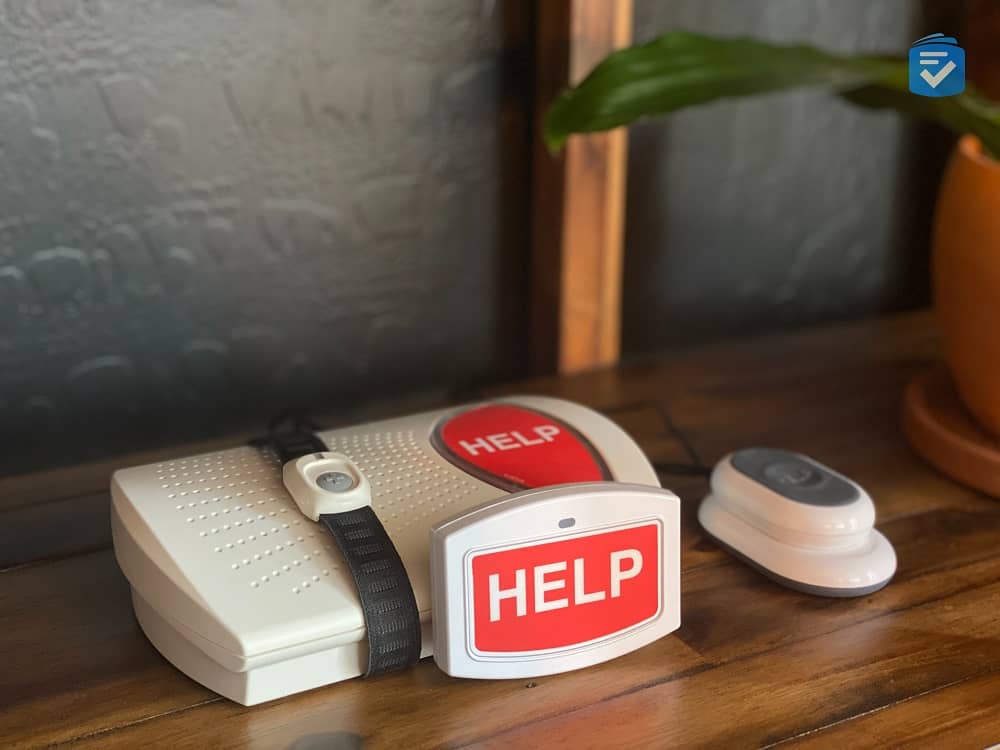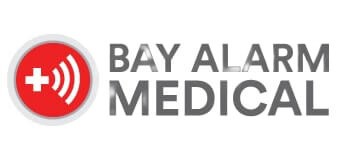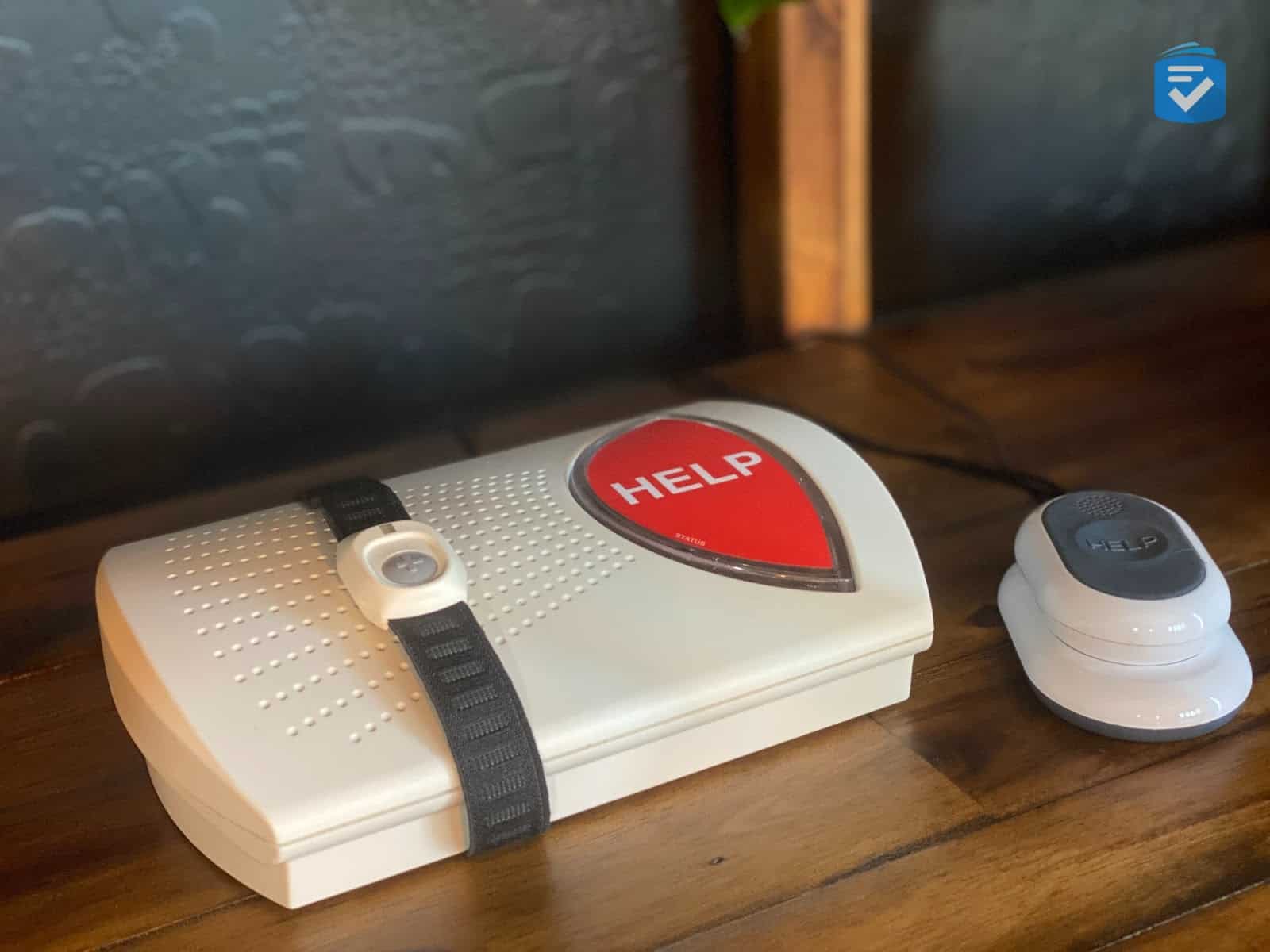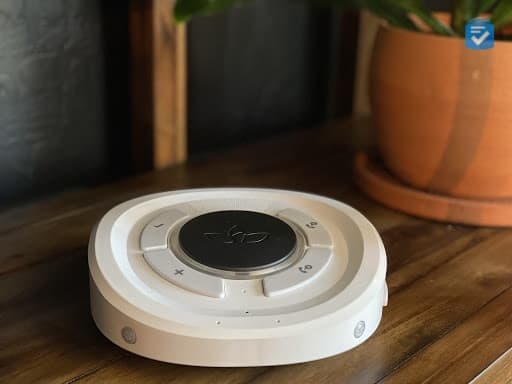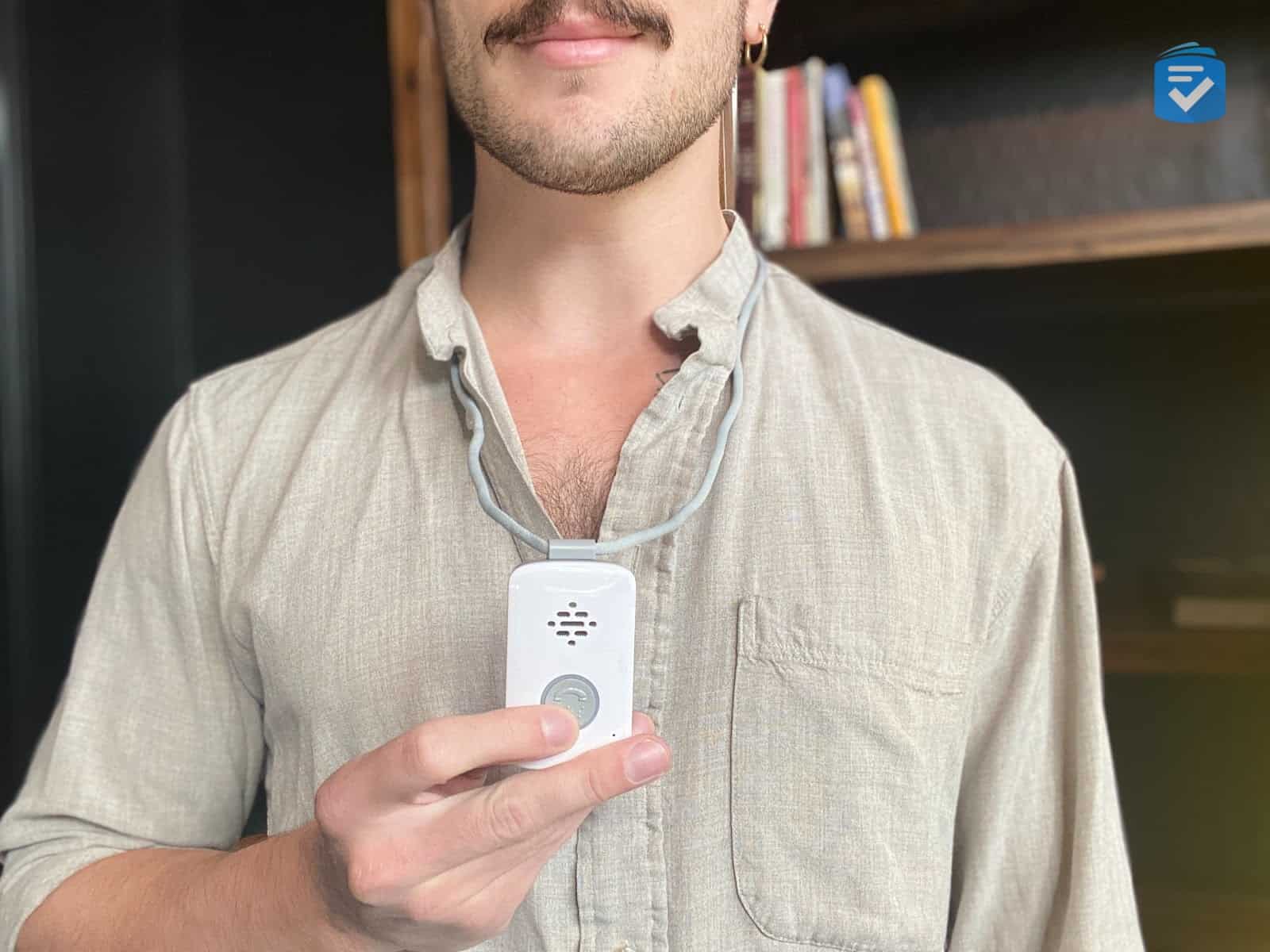FYI: CVS has now begun selling Aloe Care Health products under their brand. To learn more about these medical alert systems, check out my CVS Health Symphony review.
Join for Free
Members get updates like best products for seniors and senior discounts delivered right to their inbox for free.
